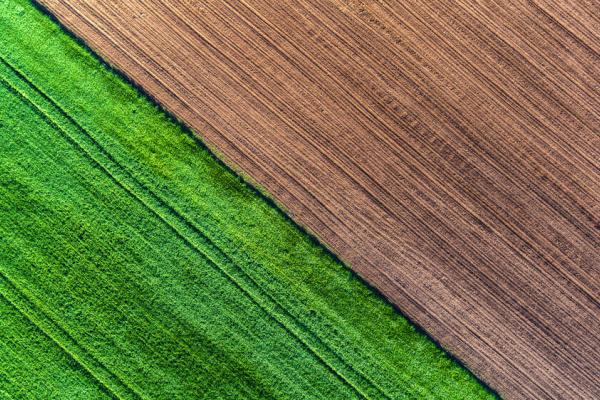Jul 10, 2017
The focus of [Jas Singh]'s farm is not production, but invitation — to allow all manner of flesh-and-blood to participate in the mysterious and divine but simple work of God’s kingdom — one where everyone who is fed, and those who typically don’t have the means to provide actually find they have an abundant harvest to share with their neighbor. It is a way to radically engage in leveling the field for all to give, receive, and partake in a way that doesn’t match our unjust economic structures.
Read the Full Article

Already a subscriber? Login
